Construct a solution through a mission-focused inquiry learning (MFIL) cycle
Curriculum Component Patterns
Description:
This curriculum component (CC) is constructed through applying the MFIL pedagogical approach to address a specific set of knowledge and/or skills outcomes required in the construction of a productive learning artefact (often referred to as a knowledge artefact). Flipped learning is a hallmark of this CC pattern, requiring students to familiarize themselves with the requisite knowledge/skills through self-directed learning before the application of the knowledge/skills to the construction of the knowledge artefact, generally in the form of inquiry activities in groups. Students themself autonomy is emphasized and students may decide to use a combination of asynchronous and synchronous communication and collaboration methods to carry out the co-construction task. The synchronous part of the CC is a highlight in that students share their tentative products to the whole class and receive comments from peers and the teacher. Cross group learning is an important focus during the synchronous activities. Reflective learning is promoted through peer feedback and subsequent refinement of the knowledge artefact.
Typical sequence of tasks in this CC pattern:
1. Read and discuss assigned readings needed for satisfactory construction of the solution. Basic understanding of the knowledge/skills can be assessed through quizzes
2. Construct solution and associated group presentation artifacts
3. Present solution
4. Peer assessment, feedback and discussion on presentation
5. Teacher feedback and clarification on issues/inadequacies in students’ understanding revealed through students’ performance in reading quizzes, forum discussion and presentations, if applicable
6. Reflection and revision of the solution
Related patterns at the same level
Related products
-
Curriculum Component Patterns
Theory-practice analysis
-
Curriculum Component Patterns
Revision through product optimization
-
Curriculum Component Patterns
Revision of the experimental design to improve/extend the findings
-
Curriculum Component Patterns
Ideate design plans for goal-setting
-
Curriculum Component Patterns
Conducting experiments for self-monitoring
Patterns at other levels
You may also like…
-
Reflective Learning
Well-designed criteria for evaluating self/peer performance
-
Course Level Patterns Constructed by Integrating the Pedagogical Approach Pattern to the Selected Disciplinary Practice
Construct a funding proposal through mission-focus inquiry
-
Directed learning
Perusall reading task for shared critical reading of text/media
-
Directed learning
Lecture for obtaining information
-
Directed learning
Quiz for remembering & comprehending knowledge
-
Construction: Conceptual / Visual Artefacts
Academic writing
-
Presentations, Performance Illustrations
Synchronous presentation for sharing deliverables from productive learning tasks


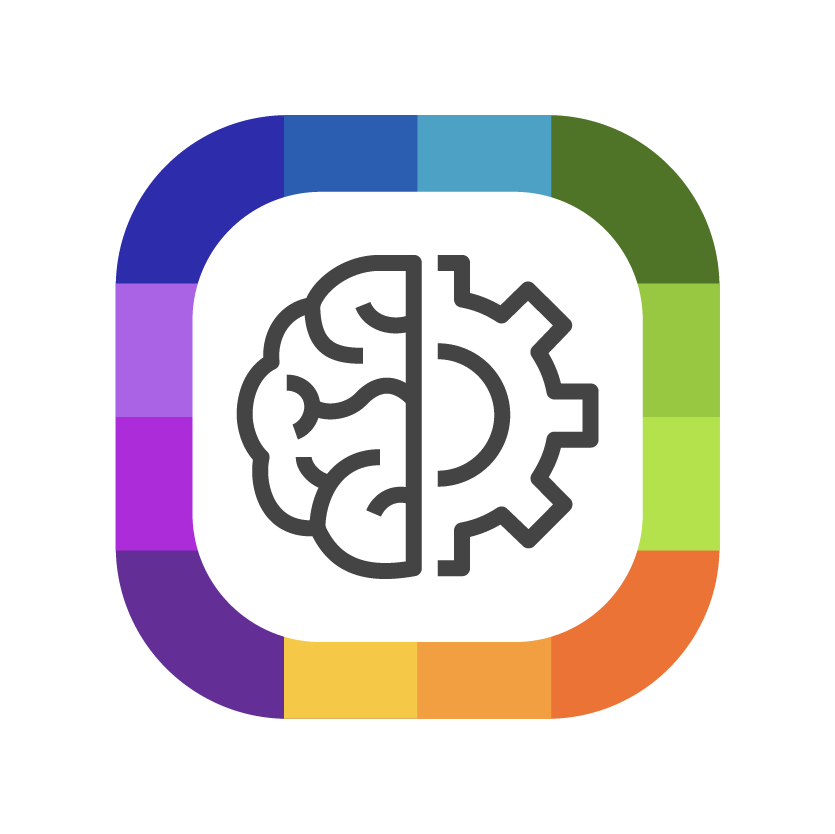
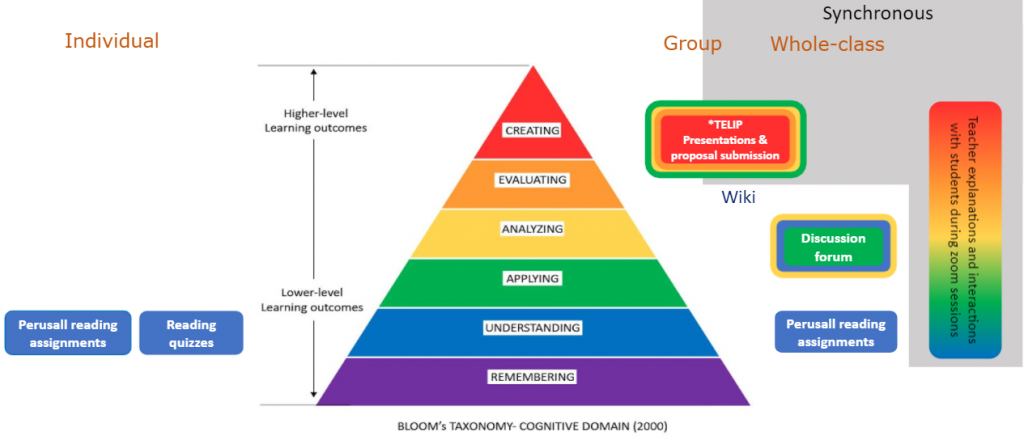
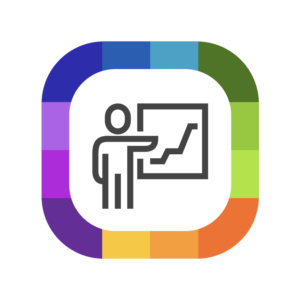

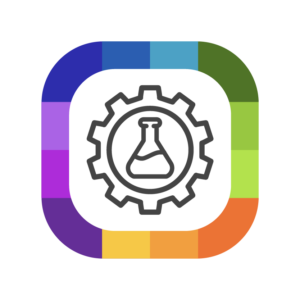
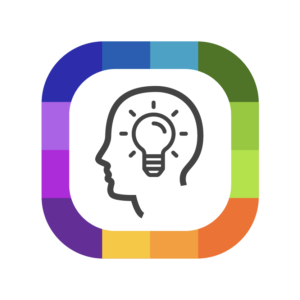
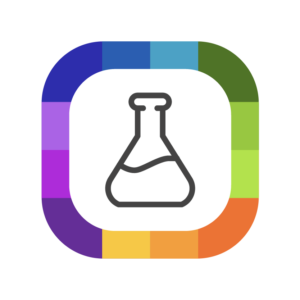
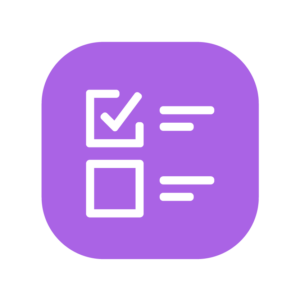

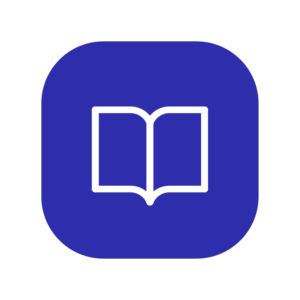
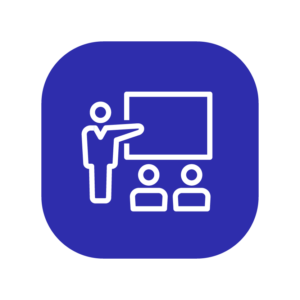
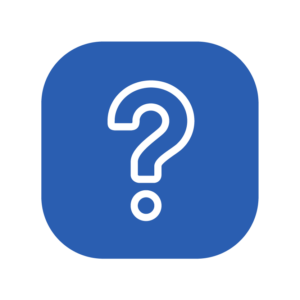
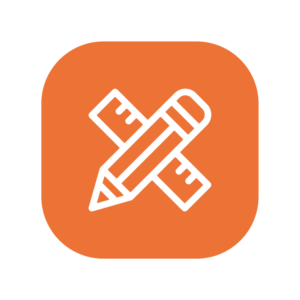
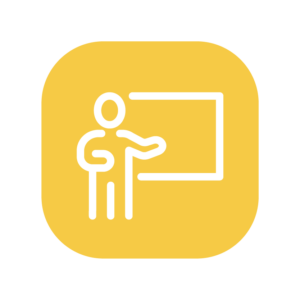
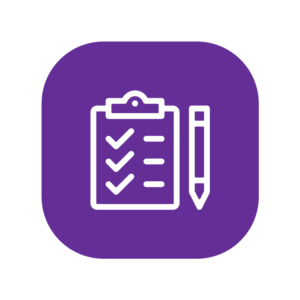
Reviews
There are no reviews yet.